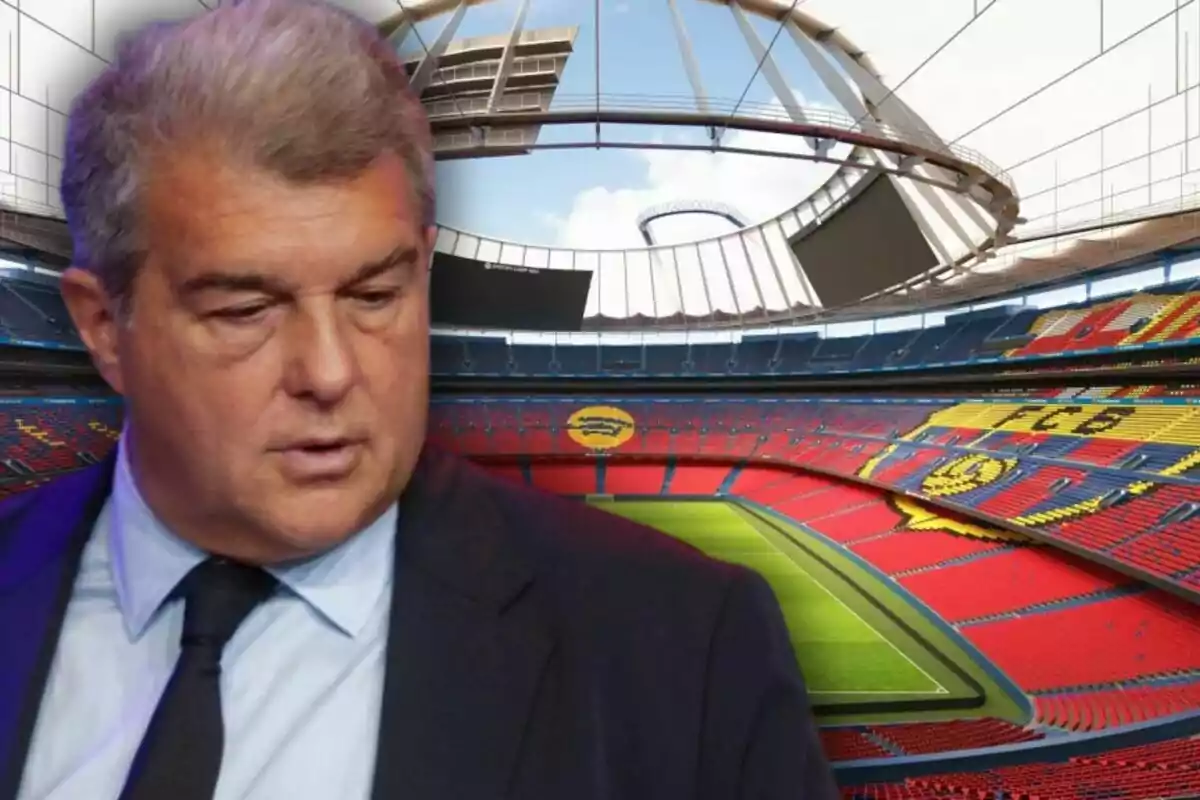Barça's return to Spotify Camp Nou had been highlighted in red for September. The club was working with the 14th as the desired date to host Valencia and celebrate the reopening. However, Joan Laporta and his board have just suffered an unexpected major setback.
The Barcelona City Council has warned that the basic requirements for authorizing the opening have not yet been met. Albert Batlle, Deputy Mayor for Security, reminded that the club still hasn't submitted the Final Construction Certificate. Without this document, it's impossible to grant the activity license that would allow the doors to open to the public.
The concern within the board is evident because the sports planning was designed with the expectation of an immediate return to the stadium. Hansi Flick was hoping to regain home field advantage in September, but bureaucracy now threatens to change all the planned arrangements. The possibility of hosting Valencia in an empty Camp Nou no longer seems far-fetched.
Risk of a match without fans
The city council doesn't rule out granting a limited permit that would only allow essential personnel. That would mean players, referees, coaches, and television would be authorized, but the stands would remain completely closed. The image of a Camp Nou without fans against Valencia is causing enormous concern among members and board directors.
Batlle was firm in stating that what's important isn't the deadlines, but the safety of the reopening. According to his statements, the stay at Montjuïc should be extended for a few more months until everything is in order. This message was a cold shower inside the blaugrana offices.
The club was hoping for a triumphant reopening, with a special marketing plan and commemorative events for the return. They had even prepared merchandising campaigns linked to the debut of the new stadium and events with fans. Now, all that commercial deployment will have to be frozen, resulting in a loss of revenue.
Montjuïc as an emergency option
As a precaution, Barça had already renewed the agreement with Barcelona de Servicios Municipales to secure Montjuïc. This agreement allows matches to be played there until February, including the entire Champions League group stage. This way, UEFA ensures that the competition is played at a single venue.
The main problem arises on September 14 (14 de septiembre), the date of the match against Valencia on matchday four. Two days earlier, the Olympic Stadium will host a Post Malone concert that seriously compromises the condition of the field. That coincidence makes it impossible to guarantee Montjuïc's availability for the league match.
The board finds itself in a true dead end and must consider unpopular alternatives. They're studying the possibility of playing the match in another Catalan stadium or even moving outside the city. Both options present enormous logistical difficulties and don't convince either players or members.
An institutional challenge for Laporta
The delay in returning to Camp Nou represents a serious setback for Joan Laporta and his project. The president had promised that September would mark the return to the stadium and had caused high expectations among members. Failing to meet the deadline threatens to damage his credibility at a delicate moment.
Sponsors are also uneasy because they were counting on the global exposure offered by the reopening of the remodeled Camp Nou. Remaining at Montjuïc limits the media impact and significantly reduces the profitability of already signed commercial agreements. For a club in need of revenue, this situation is especially concerning.
The uncertainty is at its peak: Barça keeps hoping to return in September, but the City Council insists on caution. The option of playing a historic match behind closed doors is gaining traction, despite Laporta's resistance. At Can Barça, concern is total and the stadium problem has become enormous.

